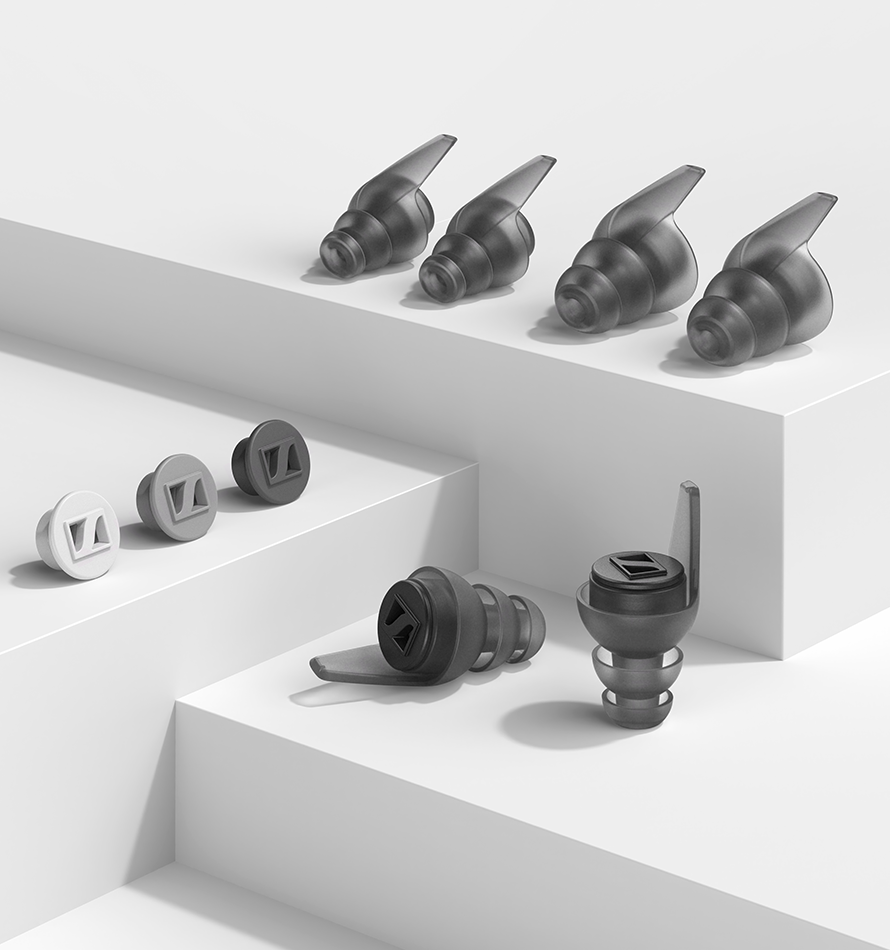How to Protect Your Ears for the Future

Your Ears Remember
Remember the first time you went to a hopping nightclub? What about the best rock concert you ever saw? Those great memories live on – sometimes in unexpected ways. It’s possible your ears “remember” those thumping experiences to this day because over time, loud noises can contribute to hearing loss. There are other causes, for sure, but prolonged or repeated exposure to loud sounds is a key contributor to hearing loss.
“Most of us will come to experience some form of hearing loss — a completely normal condition, and one of the fastest growing and most common in our society.”
Why should we pay attention to that?
Hearing loss has also been proven to contribute to cognitive decline, depression, falls, and even dementia. Throw in social isolation, frustration, and employment problems, and that’s a complex bundle of outcomes.
While this sounds bleak, it needn’t be, because there are things you can do to protect your hearing and to improve it if you’re starting to experience hearing loss. The important thing is not to put your head in the sand about it!
Hey, even rock stars and DJs experience hearing loss, and many address it with pretty slick hearing technology.

Take good care
For most people, hearing loss is a natural part of aging and happens gradually. Age-related hearing loss isn’t the same as trying to hear something or someone with the volume turned down: it’s more a case of certain spoken sounds — like s, t, sh, and th — becoming harder to decipher. The result is that speech can become “muddied.”
💡Did you know? Consonants are spoken at a higher frequency than vowels, and that’s what makes them harder to tell apart.
Hearing loss can also be caused by ear infections, genetic conditions, injury, and (cue the music) prolonged exposure to noise. Continued exposure to sounds 90 decibels (dB) and above damages hearing by essentially flattening those tiny hair cells in the inner ear. For comparison’s sake, a rock concert clocks in at about 110 dB, a nightclub at 120 dB, and, in case you’re contemplating it, a rocket launch pad at 180 dB.
Avoiding exposure to these kinds of loud noises is the number-one thing you can do to protect your hearing. If you can’t, then wear good hearing protection. Whether you’re at a concert or mowing the lawn, all the cool kids unabashedly have something in or on their ears these days. You’ll fit right in!
Other proactive steps you can take to minimize hearing loss are to keep volume levels down when you’re wearing headphones or earbuds to a level that allows you to still hear conversations around you. Limit the time you use headphones and earbuds and take regular breaks in places where there are loud noises. It’s not a bad idea to keep a set of inexpensive foam earplugs handy so if you can’t avoid noise, you can pop these in for some protection and relief.
How’s Your Hearing?
For your hearing health journey – test your hearing with the Sennheiser Hearing Test App.